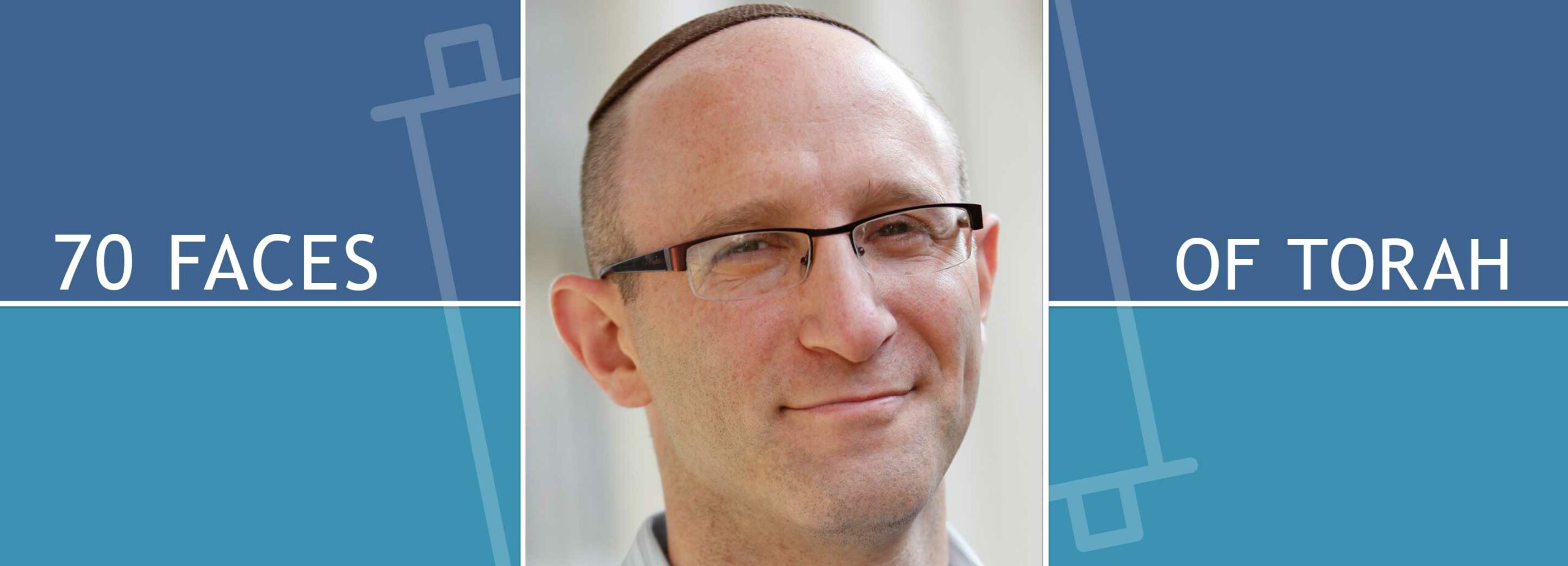Numbers Relighting Our Lives this Summer

Parashat Biha’alotcha (Numbers 8:1–12:16)
As a teenager, I was very blessed that I more or less enjoyed school and my school-year activities. But, like many kids, summer camp was the core of my life. It felt like 10 months of the year were lived in black and white, and then I arrived at Camp Yavneh, and life sprang into color.
The summer, for many of us, is the great destination up ahead on the road of our year. We play on the beach, eat lunch outside, take vacations, and have long visionary meetings at work that fuel our imaginations. Summer is that time when life more often explodes into color. And this year, all the more so.
For those of us blessed to live in the COVID-vaccine-rich United States—not something to be taken for granted given the way that COVID is still ravaging so many parts of the world—this summer is the destination that many of us have been longing for since the pandemic began. This summer we will largely be returning to normal life.
It could not be more understandable and human to have longed for this pandemic to end; for us to have focused our hearts and minds on a better future. Such imaginations can fuel our perseverance and resilience. However, there is also a shadow side to longing and devoting too much of our mental energy to the imagined future—if we are not careful, we end up losing the capacity to appreciate; with our heads in the future, our hearts become blind to the present.
In his book, Meor Aynayim, Rabbi Menachem Nachum Twersky of Chernobyl offers us a teaching on the opening lines of this week’s Torah portion, Biha’alotcha, that addresses this concern.
בְּהַעֲלֹתְךָ, אֶת-הַנֵּרֹת, אֶל-מוּל פְּנֵי הַמְּנוֹרָה, יָאִירוּ שִׁבְעַת הַנֵּרוֹת.
When you light the lamps, the seven lamps shall give light in front of the candlestick. (Numbers 8:2)
These are God’s instructions for how Aaron should light the menorah in the mishkan, the portable tabernacle in the wilderness. Says the Meor Aynayim: these instructions are not just for the physical object in the mishkan, but also for our souls. By creatively recognizing that it is a plausible reading of the opening words to switch the subject and the object, he translates the clause as: “in your lighting of yourself by means of the candles.” The candles are not the thing that is lit, but the object that does the lighting of our souls.
The rabbi points out that candles, as Proverbs 6:23 teaches us, are a symbol for mitzvot: “For the commandment is a lamp and the Torah the light.” Thus, the Meor Aynayim sees in this verse a vision of the role of mitzvot in our lives. The ritual practices of Jewish tradition are meant to bring us to life, to light us up, and to be a source of connection to God. It is not enough to do the mitzvot—they must be done in a particular way that calls forth their transformative power.
But how do we do so? The answer is in the rest of the verse, says Rabbi Twersky.
The candles should be lit el mul pinei hemenorah—towards the pinei, the inner part, of the menorah, which is to say that the mitzvot are held within a structure that has a core, an animating center, and the performance of the mitzvot should be aimed at that “interiority and vitality.” When we do this, when we direct our intention towards the essence of the mitzvah, the purpose that animates them, then our performance of them will reveal that vitality within and cause us to be lit up and connected to God.
For so long, we have been looking forward to the end of this pandemic. We have cared for ourselves and each other by isolating ourselves; and we are finally, at least in this country, arriving at the longed-for end of this protective living. The summer, and particularly this summer, offers us the opportunity to reorient el mul pinei hamenorah—towards the vitality within our lives. The challenge is to break the habits of living prospectively so that we can allow the life-giving energy to emerge in our lives during these precious months.
Blessings for a healthy, light-filled and colorful summer!
Rabbi Daniel Klein is the Dean of Students for Hebrew College’s Graduate Leadership Programs and Rabbi in Residence at The Boston Synagogue. A lifelong seeker, Rabbi Klein lived, studied and worked in Chicago, San Francisco, and New York before finding his way back home to Boston as a rabbinical student. Rabbi Klein was ordained by Hebrew College in 2010 and now lives in his hometown of Newton, Mass., with his wife, Jen, and their two children, Micah and Nora.

